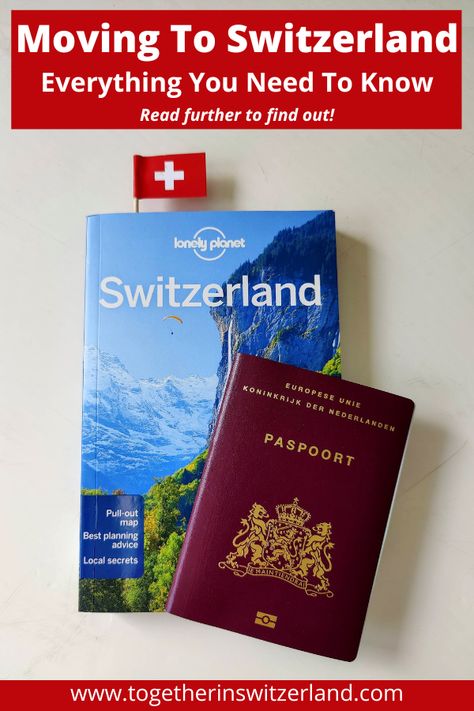It is easy to make an exciting change if you are moving from the USA to Switzerland. Famous for its quality of living standards, scenic beauty and services, Switzerland is an ideal place for an expatriate to work in. But, migration to this country has some standard but crucial procedures including issuance of visa and housing. This article includes all the necessary information about relocation from the USA to Switzerland without any issue.
1. Understand Visa Requirements for Switzerland
The first step in moving from the USA to Switzerland is determining which visa or residence permit is appropriate for your situation. U.S. citizens do not need a visa for short stays of up to 90 days for tourism or business purposes, but for longer stays, a residence permit is required. The main types of residence permits include:
- Work Permit: If you have a job offer from a Swiss employer, you can apply for a work permit. Switzerland is known for its highly skilled labor market, so securing employment may be easier in certain industries like finance, IT, and pharmaceuticals.
- Student Permit: For those moving to Switzerland for higher education, you will need a student visa. This visa allows you to live in Switzerland for the duration of your studies.
- Family Reunification: If you have a close family member (spouse, parent, or child) who is a Swiss resident, you may apply for family reunification to join them.
- Self-Employment Visa: If you plan to move to Switzerland as a freelancer or business owner, you will need to apply for a self-employment visa. You must prove that your business or freelance work will contribute to the local economy.
The application process for these permits can vary depending on the type of visa you’re applying for. Be sure to check the Swiss government’s official website for detailed information and requirements.
2. Apply for Your Residence Permit
Once you’ve determined the appropriate visa type, the next step is submitting your application. Applications for long-term stays are typically processed by the Swiss embassy or consulate in the USA. Be prepared to provide various documents, such as:
- A valid passport
- Proof of financial means (bank statements, proof of income)
- Health insurance that is valid in Switzerland
- Proof of accommodation in Switzerland
- Employment or enrollment verification (for work or student permits)
The processing time for residence permits can take several weeks to a few months, so it’s essential to start the process well in advance of your planned move.
3. Find Accommodation in Switzerland
4. Set Up Your Finances in Switzerland
Organising your money is something you will need to do before you get here in Switzerland. Establish yourself a Swiss bank account as soon as possible. This is needed for purposes of salaries’ receipt, bill payments and all the general needs which the money will meet. To open an account, there is identification in form of a passport, proof of residence in the form of a rental agreement, and proof of income or wealth.
Switzerland also has high living costs, particularly in cities like Zurich and Geneva, so budgeting ahead of time is crucial. Be sure to familiarize yourself with the tax system as well. Switzerland has a favorable tax environment, but tax rates and laws can vary by canton (region), so it may be beneficial to consult a tax advisor.
5. Health Insurance in Switzerland
Health insurance is required of all people living in Switzerland, whether a citizen or a temporary expatriate. There are no several types of health plans like in the US, but there is a universal health care system, and you will have to select a health insurance company once you have moved to the country Health insurance has to be obtained within three months period after arrival. Let me give you the list of basic private insurance that many citizens had to purchase as a legal mandate. Extra cover can also be taken in respect of supplementary services if required.
6. Register with Local Authorities
After arriving in Switzerland, you will need to register with the local municipal office (Einwohnerkontrolle or contrôle des habitants) in your place of residence. Registration is necessary to obtain a Swiss residence permit and is required within 14 days of your arrival. You will need to provide your passport, proof of accommodation, and sometimes your employment contract or enrollment letter.
7. Learn the Language and Culture
Switzerland has four official languages—German, French, Italian, and Romansh—depending on the region in which you live. While many Swiss people speak English, learning the local language will greatly enhance your experience and help you integrate into Swiss society. Enrolling in a language course before your move or shortly after arriving is a good idea.
Switzerland is known for its punctuality, precision, and respect for rules, so adapting to the local culture and customs is also important. Understanding Swiss traditions, public holidays, and social etiquette will help you navigate life in your new home with ease.


